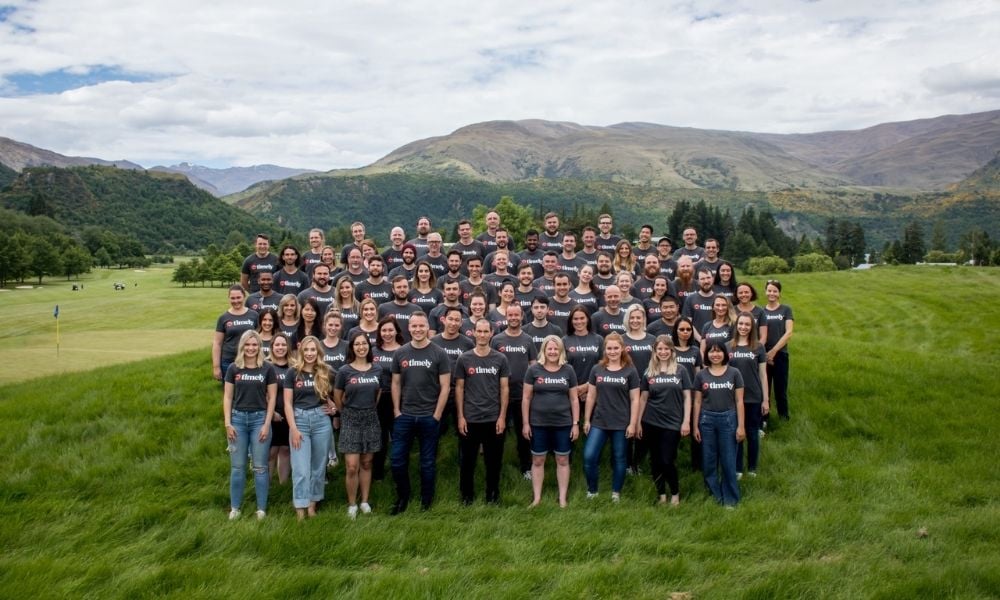
It's a new initiative aimed to support employee wellbeing

Global business management software Timely has introduced a new initiative to combat meeting overload, designating one day a week without scheduled meetings.
The ‘No Meeting Tuesday’ initiative aims to give employees the ability to work mindfully, organise their day in a way that best suits them and get things done without the interruption of meetings.
Speaking to HRD, Timely’s SVP of culture and inclusion, Mary Haddock-Staniland, said the initiative was the result of ongoing work to reduce potential stressors and support employee wellbeing.
“We know that meetings are a significant part of workplace, that’s just a given. But some of us have to attend more meetings than others,” she said.
“We believe that knowing Tuesdays will be free for our people at Timely, where they can plan to maximize the time for closing out tasks uninterrupted, is a good thing. I think everyone knows how surprising it is just how much work you can get done when there are no distractions.
“The response we've had from people since we announced this internally a few weeks ago has been extremely positive and people are excited about having a day of the week dedicated to just getting on with things.”
Read more: Flexible working: Is it given or is it earned?
While virtual meetings have been a crucial tool to connect and communicate during the pandemic, global data from Microsoft shows the number of commitments per day has skyrocketed and many employees are heading into their days with back-to-back meetings in the diary. The trend is resulting in longer hours, less time for productive work, and contributing to a rise in burnout.
According to Microsoft’s findings, time spent in Teams meetings has more than doubled between February 2020 and 2021. The average meeting is 10 minutes longer and Teams users are sending 45% more chats per week. The data is clear: Employees are experiencing a barrage of communication.
That’s why initiatives like Timely’s No Meeting Tuesdays are an essential way to address meeting overload across the organisation. By taking a systems-based, top-down approach, the onus to be able to combat excessive meetings is no longer on the employee. It sends a clear signal that while virtual meetings will continue to be a key tool for communication for employees, putting measures in place to protect mental health and wellbeing is equally as important.
Read more: Flexible working: Is it given or is it earned?
Haddock-Staniland said it may also encourage employees to question whether they really need the meeting they’re scheduling, or whether there’s a more efficient option. In a virtual world, it’s all too easy to organise a meeting at the click of a button, without fully considering the desired aims and the outcomes. But with a designated ‘no meeting day’, the autonomy around how employees work is in their hands.
“At Timely we've always focused on outcomes, not outputs. We don't have timesheets or managers clock-watching, we let people work flexibly and manage their own hours, wherever possible,” Haddock-Staniland said.
“It translates to different things for different roles, but in all cases flexibility and balance is a really big part of that outcome driven approach and it works well for us at Timely.”
As a remote-first business, employees at Timely can choose whether to work in the office, at home, or a mix of both. Introducing a no meeting day across the business is also a great way to help level the playing field for all employees, wherever they choose to work.